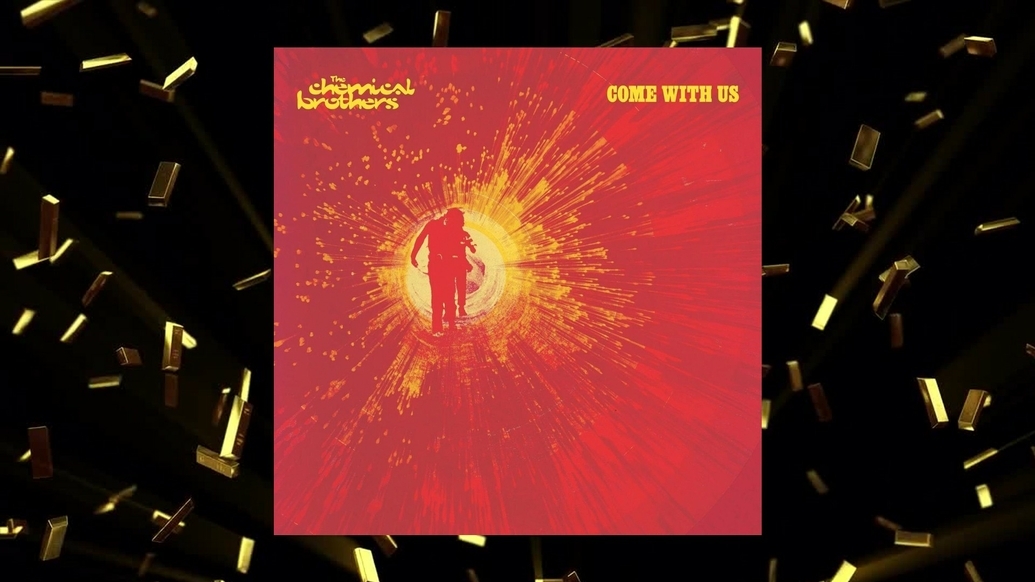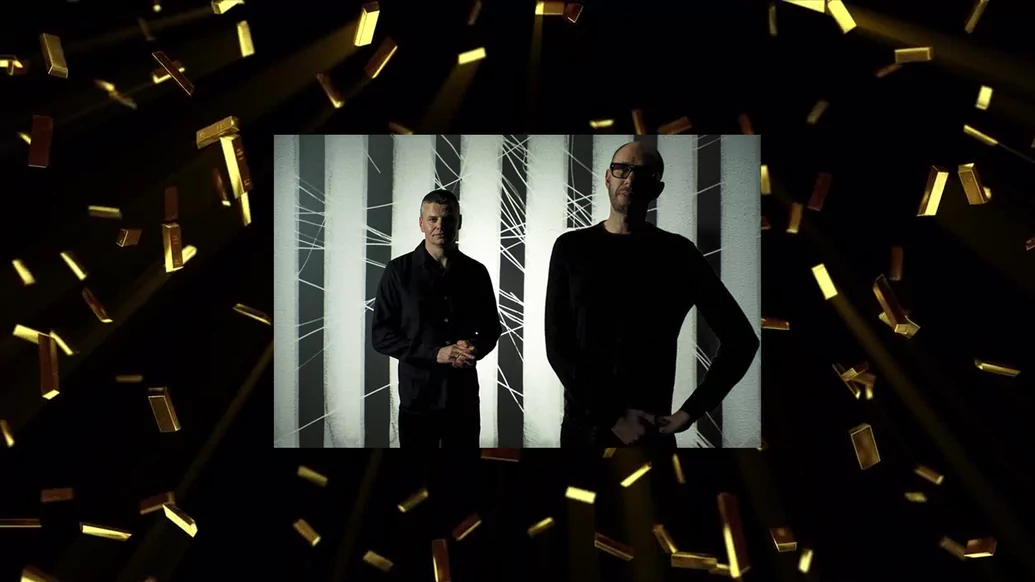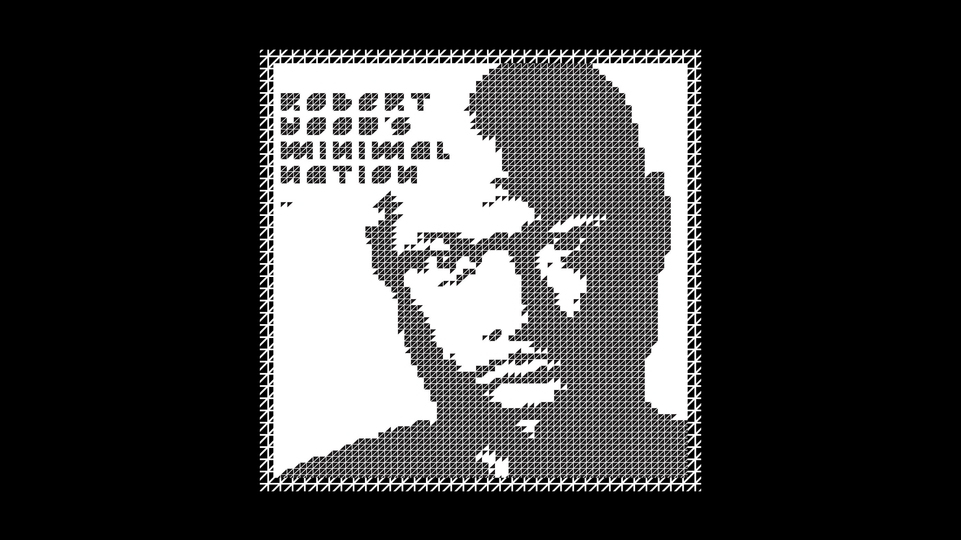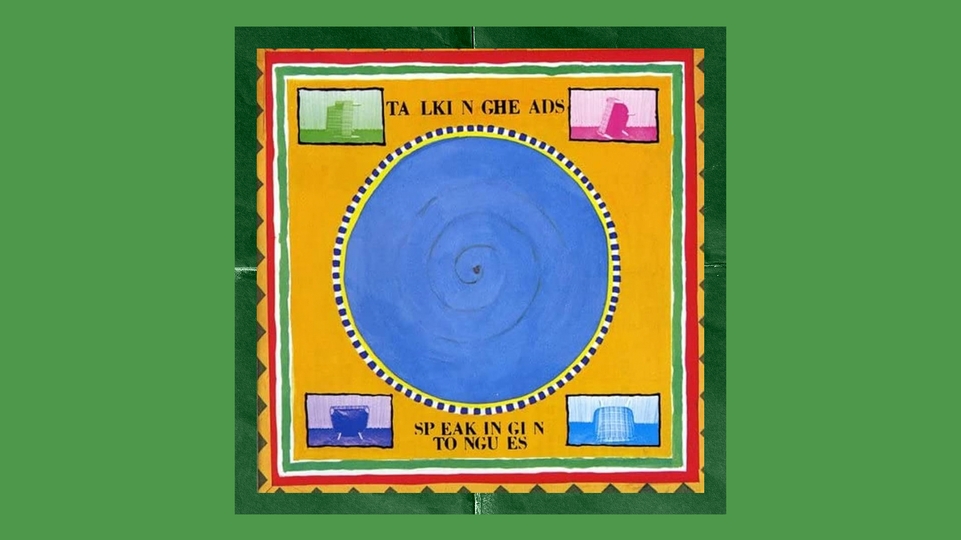
How The Chemical Brothers' ‘Come With Us’ reconnected the duo with the dancefloor
‘Come With Us’ was the birth point of The Chemical Brothers 2.0, and it came at a vital time, with the dance music slump of the early '00s leaving many big electronic groups looking vulnerable. Here, on the 20th anniversary of the release of the album, Ben Cardew looks back at how 'Come With Us' reinvigorated their career
The Chemical Brothers entered the new millennium looking tired. Their third album, 1999’s ‘Surrender’, featured massive hits in ‘Hey Boy Hey Girl’ and ‘Let Forever Be’. But there was a creeping feeling that they had lost their musical nerve and were beginning to re-tread old ground, returning to The Beatles’ ‘Tomorrow Never Knows’ and Noel Gallagher on ‘Let Forever Be’ and relying once again on Mercury Rev’s Jonathan Donahue on ‘Dream On’.
‘Surrender’ was a good album, sure. But it was no ‘Dig Your Own Hole’, the Brothers’ miraculously expansive second album, and it lacked the box-fresh vitality of their debut, ‘Exit Planet Dust’. The duo were hardly alone in feeling a bit astray as 2000 loomed: the big beat scene that The Chemical Brothers had once been associated with was dead in the water, as was electronica in the US. By the time 2001 rolled around, dance music itself looked tired, lying in a kind of post Millennial doze, while The Strokes and the White Stripes made rock look cool.
Expectations were not particularly high, then, for ‘Come With Us’, the Brothers’ fourth album, on its release in 2002. Not many dance acts got to their fourth album, and it was felt that The Chemical Brothers had had a good run. So it was something of shock that ‘Come With Us’ managed to reinvigorate the duo’s career, connecting them more closely to the world of clubs and DJing than they had been for a long while, and rejuvenating their sound.
Sure, there are songs on ‘Come With Us’ that sound a lot like The Chemical Brothers of old, notably Richard Ashcroft collaboration ‘The Test’ and the album’s title track. Beth Orton, who had been missing from ‘Surrender’, also returned for the gorgeous ambient ballad ‘The State We’re In’. But the album’s statement songs — ‘It Began In Afrika’ and ‘Star Guitar’, both released as singles before the album dropped — were unlike (almost) anything that The Chemical Brothers had done before: out went breakbeats and guest vocals, in came the four-four pulse of house and a focus on hypnotic repetition.
The Chemical Brothers may have come from dance music and DJing, being formed in the clubs of Manchester. But there was always something rather rock & roll about them, from their use of rock-influenced beats (and sometimes straight-up rock beats) to their reliance on vocals and song structure. Songs like ‘Setting Sun’ (from ‘Dig Your Own Hole’) or ‘Life Is Sweet’ (from ‘Exit Planet Dust’) were precisely that — songs — and this allowed The Chemical Brothers to flit between the worlds of rock and dance music, NME and DJ Mag.
‘It Began In Afrika’ and ‘Star Guitar’ have no lingering trace of rock; they are relentless, shifting dance grooves that build and collapse, tracks that only make total sense in the club environment. ‘It Began In Afrika’ substitutes percussion and a vocal sample for anything in the way of a melody; Chemical Brother Tom Rowlands compared it to Body & Soul, possibly the most celebrated deep house club in New York, a place of musical worship and intense house vibes where, frankly, The Chemical Brothers’ output to that point wouldn’t have got a look in.
‘It Began In Afrika’ wasn’t a deep house knock off as such — Rowlands called it “like Body & Soul, but really, really hard and twisted” — but the song gave a fascinating insight into where the duo were looking for inspiration at the time. And the love from club land was reciprocated: ‘It Began In Afrika’ was a big hit at both Ibiza and at the Notting Hill Carnival, according to a BBC review at the time, which gives an indication of how successfully The Chemical Brothers broke new dance ground.


‘Star Guitar’ was, if anything, even more unexpected. A work of ecstatic space house that sounds more like the output of cult German house label Kompakt than anything on Skint records. It’s ironic that a song built around an acoustic guitar riff — apparently sampled from David Bowie’s ‘Starman’ — should be the duo’s most obviously “dance” moment to date, its rolling, minimalist vibes enhanced by a brilliant video from Michel Gondry, that features a continuous shot from the window of a speeding train, where the various objects passing by are linked to sounds in the track. The song’s joyously understated vocal from British session singer Beverley Skeete is a marvel, too, both barely there and utterly vital to the song’s triumph, like a rave record playing in a cupboard under a collection of winter jumpers.
Hip hop — and specifically the turntablist art of scratching — was another key influence on ‘Come With Us’. “The first three or four numbers [on the album] do remind me of those days when we were so excited about putting together little grooves and beats — that whole cut-up era of hip-hop,” Chemical Brother Ed Simon told Remix. “Like that scratch segment in ‘Afrika’, those tiny segments where it sounds like a DJ cutting in, those sorts of things used to really excite us.”
Hip hop had long been an influence on The Chemical Brothers and a staple of their DJ sets. But on ‘Come With Us’ it felt like they were reaching out for something new, under the cut-and-paste aesthetic. The production on ‘Galaxy Bounce’ and ‘It Began In Afrika’ suggests samples are being scratched and dropped in as the record plays, which gives the songs a seat-of-their-pants excitement. The results are alive and imperilled, the grooves leaping off the record like lemmings on a cliff edge. The DJ-friendly production technique also feels like a call back to the cut-and-paste house songs that briefly flourished in the UK in the mid to late ’80s, before sample laws tightened up — think S’Express’ ‘Theme From S’Express’, M|A|R|R|S’ ‘Pump Up The Volume’ and Bomb The Bass’ ‘Beat Dis’ — a wonderful (and perhaps unconscious) nod to a much overlooked and very vibrant period of British dance history.
‘Come With Us’ was well received by critics, many of whom who saw it as a return to form after the lukewarm ‘Surrender’. It also gave The Chemical Brothers another UK number one album, their third in a row. More importantly, ‘Come With Us’ revived The Chemical Brothers’ career creatively, laying the musical foundations for the second and third decades of the Brothers’ recorded life.
The influence of hip hop would become even more pronounced as the band advanced, with ‘Galvanize’, the lead single of their fifth studio album ‘Push the Button’, essentially a move into straight-up hip hop production. ‘Further’, the group’s seventh studio album, would take the consciously anonymous dance grooves of ‘Afrika’ and ‘Star Guitar’ even further into the ether, featuring no big guests vocals and lots of propulsive four-four grooves. And the duo would return to the bizarre new folk sound of ‘Come With Us’’s ‘Hoops’ — a song that sounds bizarrely like Boards of Canada breakdancing — on their eighth studio album, ‘Born In The Echoes’, a late-period classic that gave the Brothers their sixth UK number one album.
‘Come With Us’ was the birth point of The Chemical Brothers 2.0 and it came at a vital time, with the dance music slump leaving many big electronic groups looking vulnerable. Leftfield split in 2002; The Prodigy were in a world of ever-diminishing musical returns; and Underworld had just witnessed Darren Emerson depart. Another album of big beats and big guests might have seen The Chemical Brothers slink off into the dance dumper. Instead, the success of ‘Afrika’ and ‘Star Guitar’ gave them another lease of life, with the Brothers’ DJ bookings taking a turn into the lucrative mainstream.
Back in 2002, ‘Come With Us’ felt like an invite to follow The Chemical Brothers on their new musical adventures, as another millennium took hold. 20 years on the name feels more like an order than an invite; one, perhaps, aimed at the Brothers themselves, an appeal for the band to have faith in their creative instincts and their thirst for the new. ‘Come With Us’ was a reset for The Chemical Brothers, a work of nerve and imaginative steel, where percussion, hip hop, hypnotic grooves and big club sounds led the Brothers out of the slightly over-worn groove in which they had ended the ’90s and onto wild new pastures.






